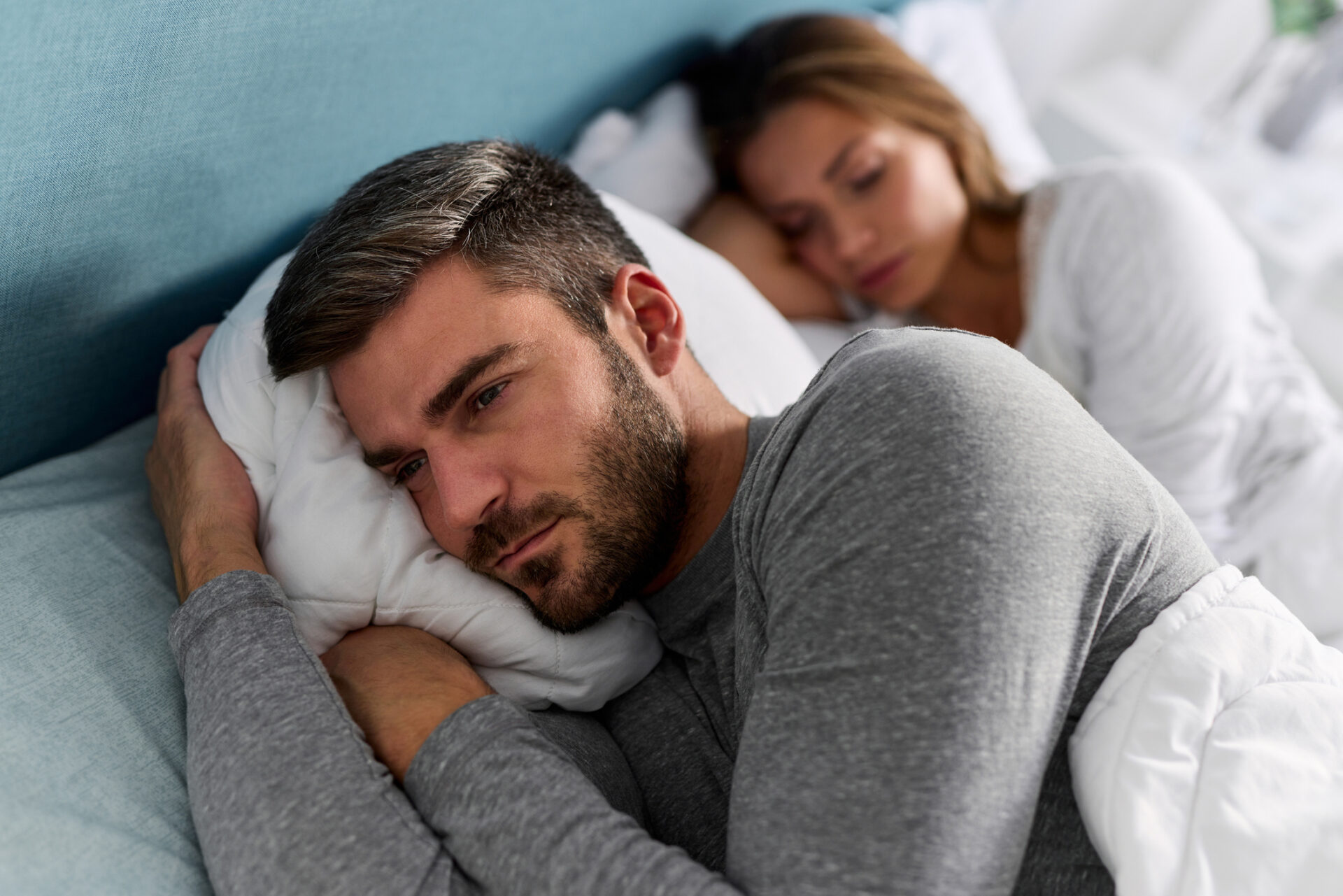
Health

Hormones play a crucial role in your health. As such, slight hormone imbalances can have wide-reaching effects on your body. Keep reading to learn the signs of hormone imbalances in men and how Opt Health can help.
Let's TalkHormones are chemical messengers your endocrine glands produce that regulate nearly every system in the human body. Collectively, these signals influence your clinical presentation, including:
To date, over 50 unique hormones have been identified. These hormones are always cross-talking through feedback loops and essentially work to maintain optimal balance in the body.
However, since we don’t live in a perfect world, our hormones are always under constant assault.
When you have a hormone imbalance, the said hormone is either too high or too low in relation to your age and clinical presentation. Even small changes to your hormones can have wide-reaching effects throughout the body. When faced with significant hormonal imbalances, the spiraling effects can harm our health.
The most common type of male hormonal imbalance is low testosterone or andropause. The condition is sometimes called “male menopause”. Research has found that 10 to 40 percent of men have clinically low testosterone levels. And it’s not just older men. Twenty percent of adolescent and young men may have low testosterone.
Otherwise known as under-active thyroid disease, hypothyroidism happens when the body does not produce enough thyroid hormone. Symptoms of hypothyroidism include hair loss, unexplained weight gain, and increased sensitivity to cold.
Hyperthyroidism is when your body produces too much thyroid hormone. Symptoms include a rapid heart rate, anxiety, difficulty sleeping, and unexplained weight loss.
This condition occurs when the pituitary gland does not produce enough growth hormone. Symptoms include decreased muscle and strength, increased body fat, low energy, and cholesterol abnormalities.
Chronic or extreme stress can weaken the adrenal glands and affect their ability to produce cortisol. Symptoms of adrenal fatigue include difficulty focusing and chronic fatigue.
Age is an important factor in hormonal imbalance for men. Testosterone production is known to decrease at about a rate of 1% per year after age 30.
Other factors that could contribute to male hormonal imbalance include:
Stress – Stress can lower testosterone levels.
Diabetes or insulin resistance – Research shows that men with type 2 diabetes or high fasting insulin levels are more likely to develop low testosterone.
Nutritional deficiencies – Many studies indicate an association between food quality and testosterone levels, specifically processed foods and refined sugars.
Obesity – Multiple studies have associated obesity with low testosterone. For example, the Massachusetts Male Aging Study (MMAS) demonstrated that moving from a non-obese to an obese state resulted in a testosterone decline equivalent to aging ten years. Similarly, losing weight increases testosterone levels.
Toxins – These are also known as endocrine disruptors or endocrine disrupting compounds (EDCs). These EDCs are everywhere around us, i.e., in plastics, pesticide-treated crops, and the water supply. They often block the effects of testosterone or suppress its production. They are also known to increase estrogen levels.
RELATED: Learn about BioPerine today!
Unlike female menopause, where hormone levels tend to drop very quickly, low testosterone comes on slowly as hormone levels steadily decrease over the years. As a result, you may not notice any symptoms for a long time.
It’s also easy to blame symptoms of a male hormonal imbalance on other factors, like stress or not getting enough sleep. Over time, however, these symptoms tend to worsen until they affect your quality of life.
The following are some of the most common symptoms of low testosterone:
Low testosterone may contribute to cognitive decline in men, including memory problems and “brain fog”.
Many men with hormonal imbalance experience mood changes like decreased motivation, mood swings, irritability, anxiety, and depression.
Low testosterone can cause a loss of sex drive and erectile dysfunction, defined as difficulty maintaining an erection firm enough for sexual activity.
Men with low testosterone may experience chronic fatigue and feel tired, even if they get enough sleep. They may find it difficult to motivate themselves to exercise or complete tasks.
Low testosterone levels can cause an increase in body fat, especially in the abdominal area, along with a decrease in muscle mass and strength.
However, many of the abovementioned symptoms can occur without a hormonal imbalance. You will need to check your hormone levels to determine if you have a hormonal imbalance.
As part of all Opt Health programs, we measure 60+ biomarkers, including the following hormonal biomarkers:
In our longevity program, we also measure the following:
These biomarkers help our men’s health specialists get a clear picture of your health. Then, based on the results of your labs, one of our men’s health specialists will consult with you about treatment options (more on those below).
The good news is that male hormonal imbalances are treatable. Testosterone replacement therapy (TRT) is an effective treatment for low testosterone. TRT is usually administered as a self-injectable medication, though other forms exist.
It’s also possible to affect your testosterone levels through lifestyle changes like better nutrition, proper exercise, getting plenty of sleep, and improved habits.
Your Opt Health doctor will work with you one-on-one to develop a customized optimization protocol to help you feel like yourself again. Your plan may include TRT, lifestyle changes, nutraceuticals, or a combination of the three. Click here to get started, or call (855) 443-8678 for a free consultation.
Your health, your terms. Discover how personalized care can transform not just the way you feel, but how you live.